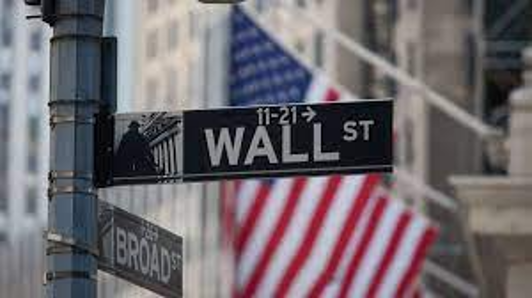Are defensive stocks worth it?

The definition of defensive stocks
Defensive stocks ensure that they will give dividends regularly regardless of the status of the stock market. Companies that produce defensive stocks sell on-demand products, so these stocks are usually stable in a business cycle's business phase. These companies with defensive stocks showcase stable operations and strength to avoid the likeliness of facing bankruptcy.
Also, these are very different from defense stocks, and investors should be aware of this information. Companies that produce ammunition and weapons are the ones that have defensive stocks.
More on defensive stocks
Defensive stocks indeed have significantly less risk because they would require a massive disaster before the business collapses. However, people more or less turn towards defensive stocks not only because they have lower risks. If that's the sole reason, they can always buy treasury bills that have zero risks. People turn into defensive stocks because the dividend offered is more than what the treasury bills provide. Some examples of companies with defensive stocks are Coca-Cola, Pepsi Co., and Johnson and Johnson's.
Pros and cons in investing in defensive stocks
We have already outlined some of the essential points of defensive stocks. In this part of the article, we will discuss the advantages and disadvantages of defensive to help investors and potential investors in decision making.
Let us start with the advantages of defensive stocks. First, of course, these long-term investments come with low risks. Most would say that they are the better choice when investing because of their high Sharpe ratio. Warren Buffet can prove to us that increased risk is not always equal to beating the market. Instead, beating the market may sometimes mean avoiding too many losses. Warren Buffet is Berkshire Hathaway's CEO and one of the world's most successful investors who use the strategy of long-term growth investments.
Defensive stocks also have some disadvantages. Since the stocks have low volatility, these stocks can only offer small gains even in times of bull markets. This part is very tricky when it comes to investments. Timing is crucial. Investors tend to leave these stocks and hop on to another stock in a bull market. However, in economic downturns like a pandemic, investors may tend to buy defensive stocks even when they should have done it sooner to earn a higher return.
In short, defensive stocks are high-performing stocks in a recession but are underperforming stocks in expansion times.
Some common types of defensive stocks
We can also consider these types of stocks listed below because people would still buy and prioritize them over anything else regardless of the status of the market or the economy. They are mostly necessities, and some tend to surpass the market in an economic downturn.
- Utilities. We are referring to water, gas, and electricity.
- Consumer supplies and staples. We refer to food, beverages, and other necessities and vices like hygiene items and cigarettes.
- Healthcare. People will always need to buy medicine and drugs, so we consider pharmaceutical companies and anything related to medicine as defensive stocks.
- REITs. REITs or Apartment real estate investment trusts are defensive stocks because a shelter is a basic human need.




